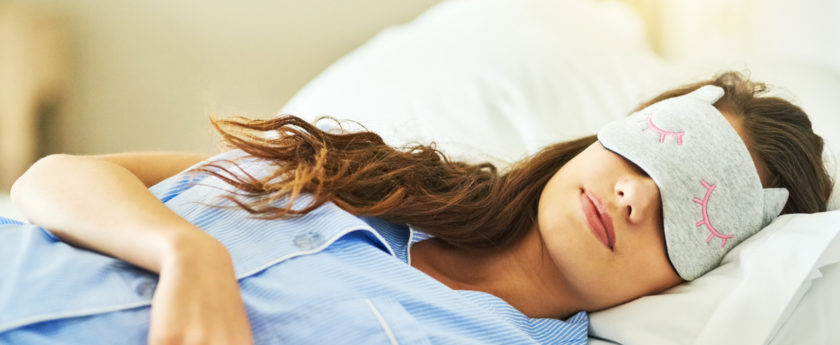Many Americans don’t receive the necessary seven or more hours of sleep that adults need to remain healthy. In fact, in 2014, reports showed that nearly 35.2% of adults in the U.S. did not obtain seven or more hours of sleep per night. You can view these statistics by state here.
Americans spend an estimated $41 billion on sleep remedies and aids, which is expected to increase to $52 billion by 2020. Sleep drugs can be addictive and have side effects, and misuse of sleep medication can be very dangerous.
Obtaining fewer than seven hours of sleep a night over a long time can harm your health, contributing to heart disease, depression, obesity, lowered immunity, type 2 diabetes and other illnesses.
The average American works 44 hours per week and nearly 17% of Americans work 60 or more hours per week. Extended work hours and lengthy commutes leave less time for healthy meals and domestic chores, thereby reducing the numbers of hours Americans sleep.
Additionally, since more Americans spend time on electronic devices such as computers, smartphones, tablets and even watching TV throughout the day and into the evening hours, the harmful blue light rays these devices emit then alter our sleep/wake cycle, making us stay awake and alert for longer.
To get you and your family back on a better schedule and sleeping the necessary amount of time you need to feel your best and stay healthy, follow these simple tips.
- Maintain a consistent sleep schedule. Whether it’s a weekday or weekend, go to bed and get up at the same time every day.
- Set a bedtime that allows you to get 7 hours of sleep a night easily.
- If you aren’t sleepy, don’t go to bed. Lying awake in bed can make it more difficult to go to sleep and stay asleep.
- If you can’t fall asleep after lying in bed for 20 minutes, get out of bed.
- Create a relaxing bedtime routine that is free from electronic devices.
- Make the bedroom an area that is only for sleep and sex.
- Maintain a quiet, relaxing atmosphere in the bedroom and keep the temperature cool.
- Limit exposure to any bright light, including electronic devices, in the evening.
- Turn off electronic devices a minimum of 30 minutes to two hours before bedtime.
- Avoid eating large meals before bedtime.
- Exercise regularly, but not too close to bedtime and maintain a healthy diet.
- Avoid caffeine in the late afternoon or evening.
- Avoid alcohol before bedtime.
- Reduce fluid intake approximately two hours before bedtime.
While some jobs do require using electronic devices in the evenings, it’s best to limit harmful blue light exposure. BluTech offers blue-light blocking lenses which can help reduce exposure to blue light.
Find BluTech Near You





